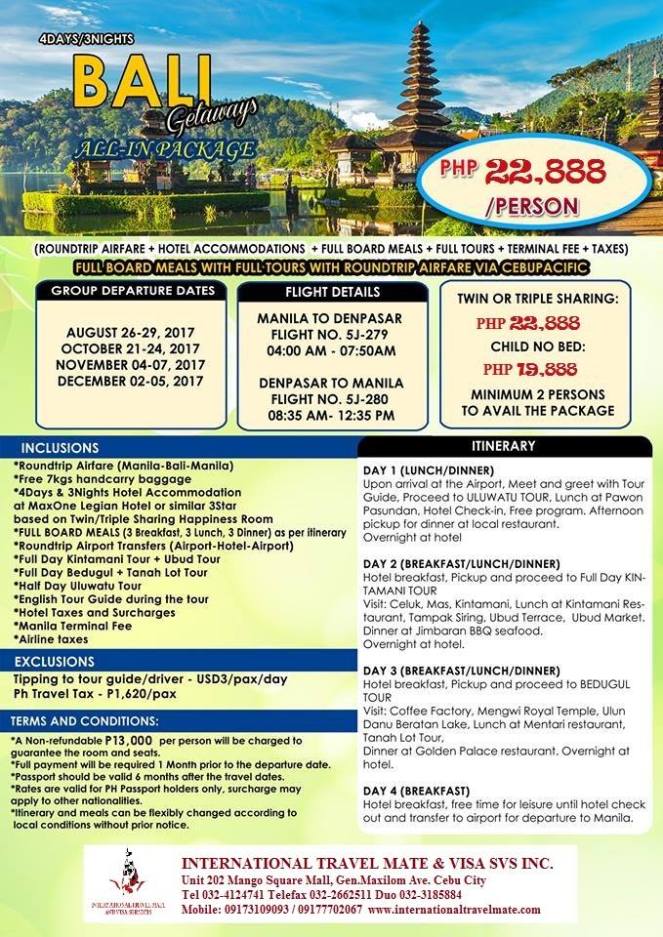
Promo

Maldives 2017

Bali Getaways

Try our Mauritius and Madagascar Package

Next stop Mauritius

Be at Mauritius
Travelling or Traveling: What’s the Difference?
Are you taking a trip anytime soon? If so, where will you be traveling? Or is it travelling? How exactly do you spell this word?
The two words traveling and travelling can cause some confusion for those writers not exactly sure when to use which one. Are they just variations of the same word? Do they have different meanings? Do they function differently in a sentence?
In today’s post, I want to address all of these questions so you will never again wonder or second-guess yourself, “Is it travelling or traveling?”
When to Use Travelling
Even though the only thing separating travelling and traveling is a dialectical difference, it is still important to keep your audience in mind when picking which word to use and when.
Travelling (with two Ls) is the preferred spelling in British English and is used much more frequently than is traveling. The graph below shows the use of travelling vs. traveling (as a percentage of all words used) in British English books, journals, and magazines from 1800 to 2008.

As you can see, travelling (with two Ls) clearly dominates in British English, being used at a rate of about 4:1.
Now, if we look at the same two words over the same time period but limit our search to American print sources, the results completely flip.

There’s actually a bigger gap between traveling and travelling in American English than there is in British English.
When to Use Traveling
As indicated in the above graph, traveled (with one L) is the preferred spelling in American English.
I’ve discussed the reason for the popularity of many shortened spellings in American English in other posts (cancelled/canceled comes to mind), but the basic reason stems back to Noah Webster himself.
He is usually credited with the shortening of many American spellings because in his original 1898 dictionary, he sought to simplify many British spellings he saw as unnecessary. This is where the British-American divide over words like color/colour came from.
Anyway, the point is, if you are writing to an American audience, traveling (with one L) is your best choice.
Remember the Difference: Traveling or Travelling?
One simple way to keep track of these two words is that the shorter spelling is American. If you can keep in mind that, generally speaking, British English favors (favours) the longer spelling of words, you will be able to remember the difference between these words.
It is also worthwhile to note that all of the distinctions in this post apply equally to travelled vs. traveled, traveled vs. travelled, traveller vs. traveler, traveler vs. traveller, etc.
Summary
So, is it traveling or travelling? That depends on where you are writing and who is your audience.
Travelling is the preferred spelling in British English.
Traveling is the preferred spelling in American English.
Whether you’re talking about travelled or traveled or traveller or traveler, these same preferences still apply.
Grab it now!


